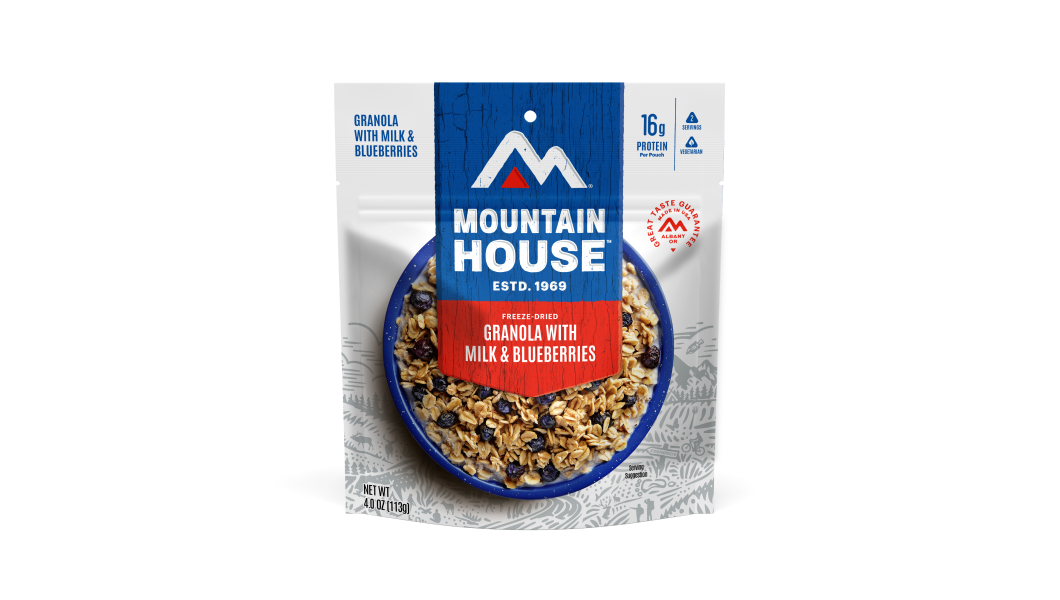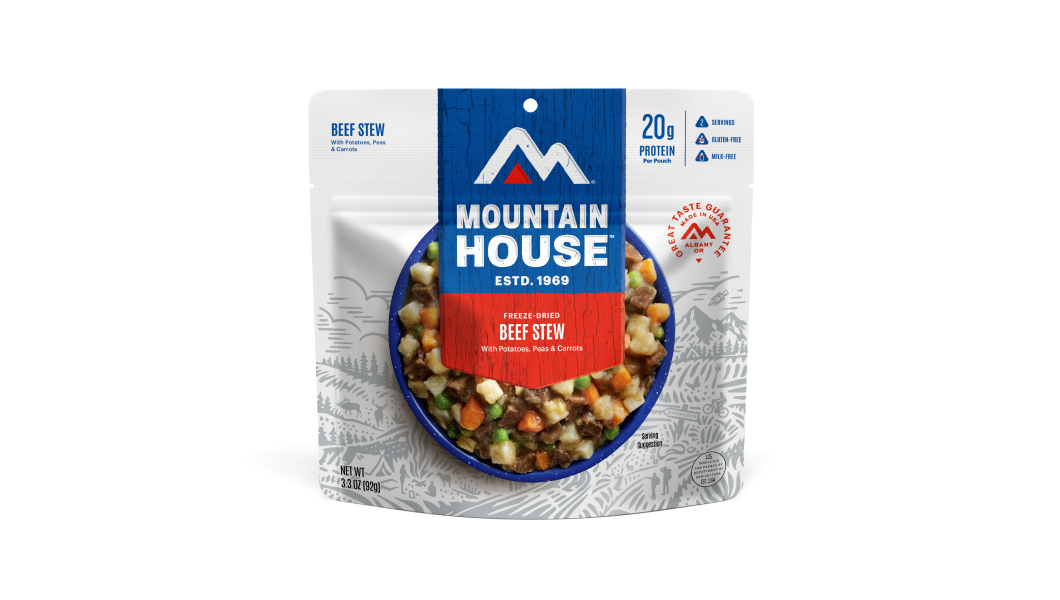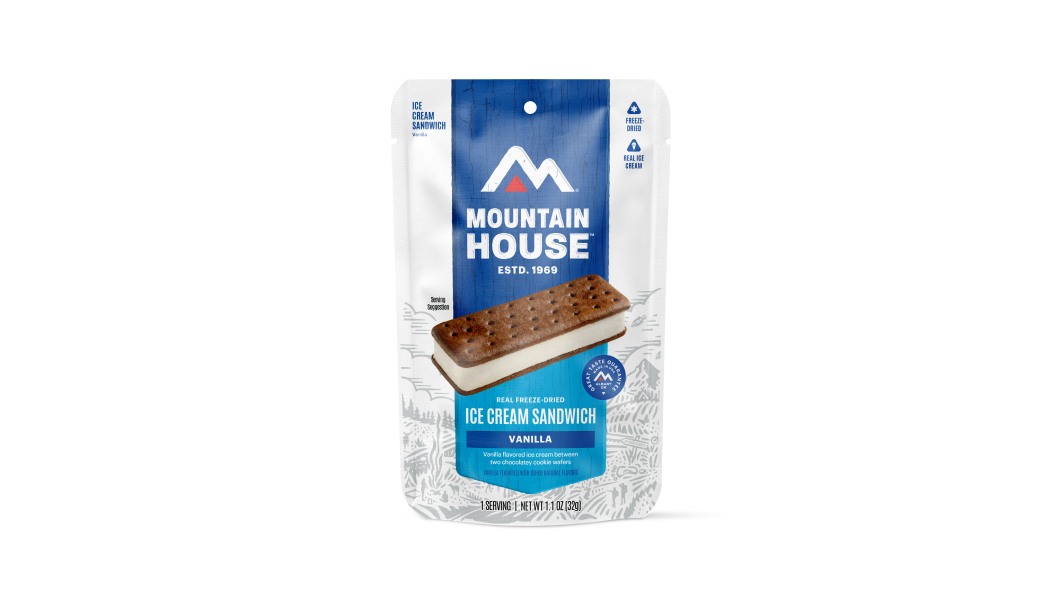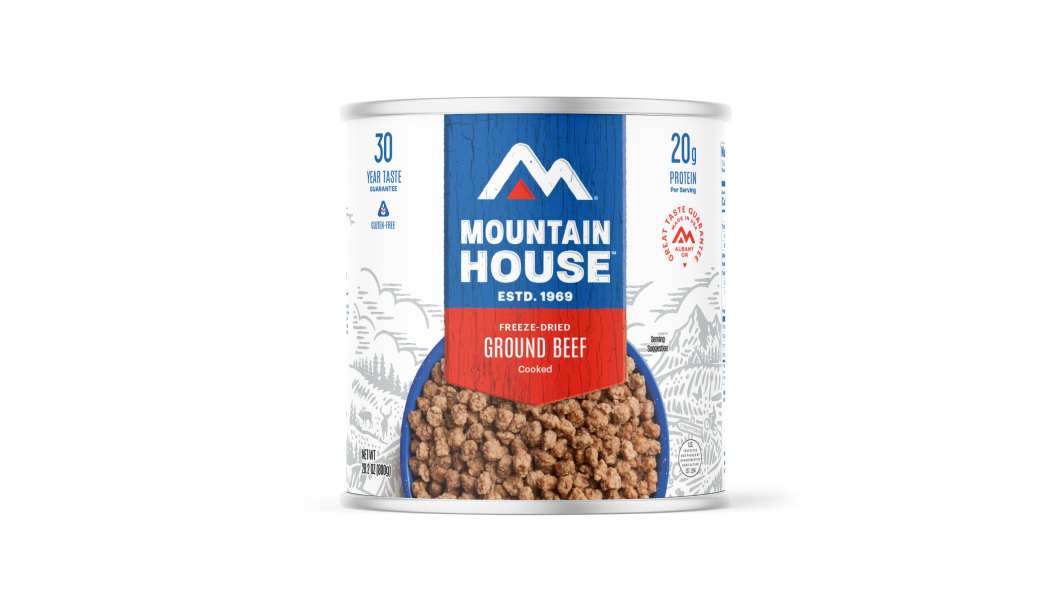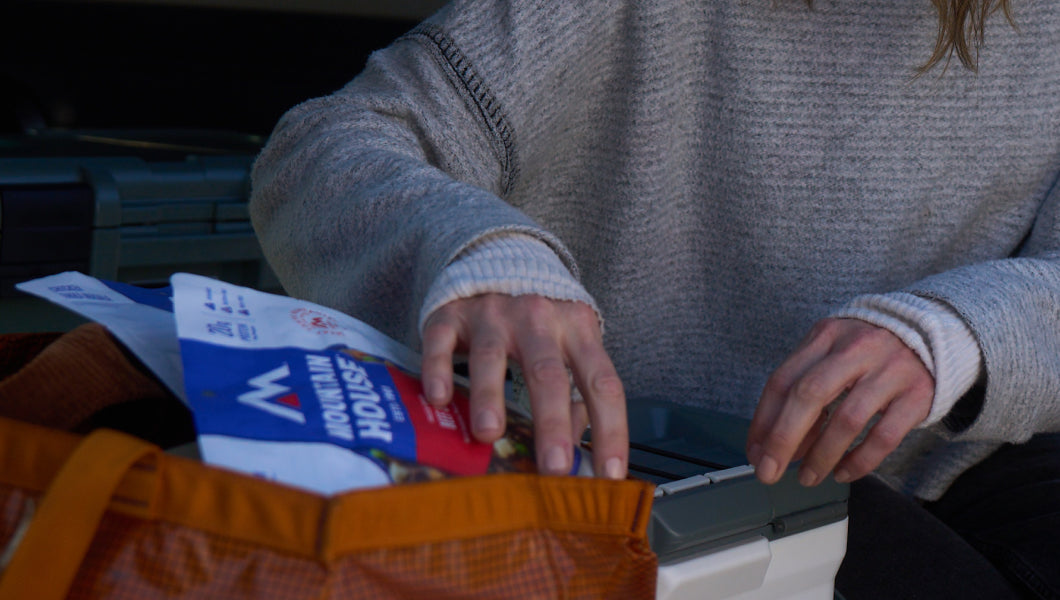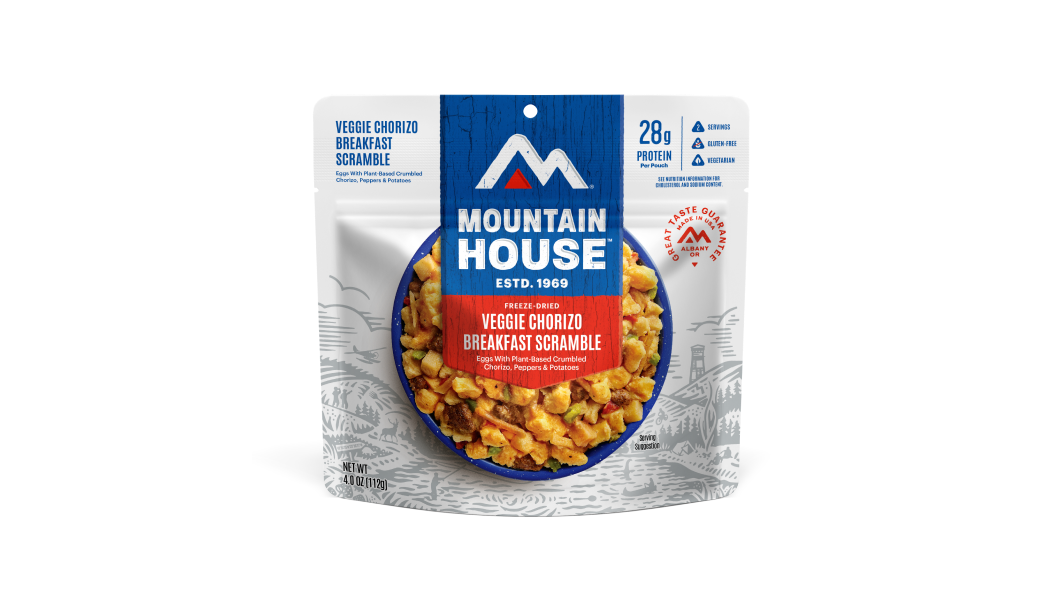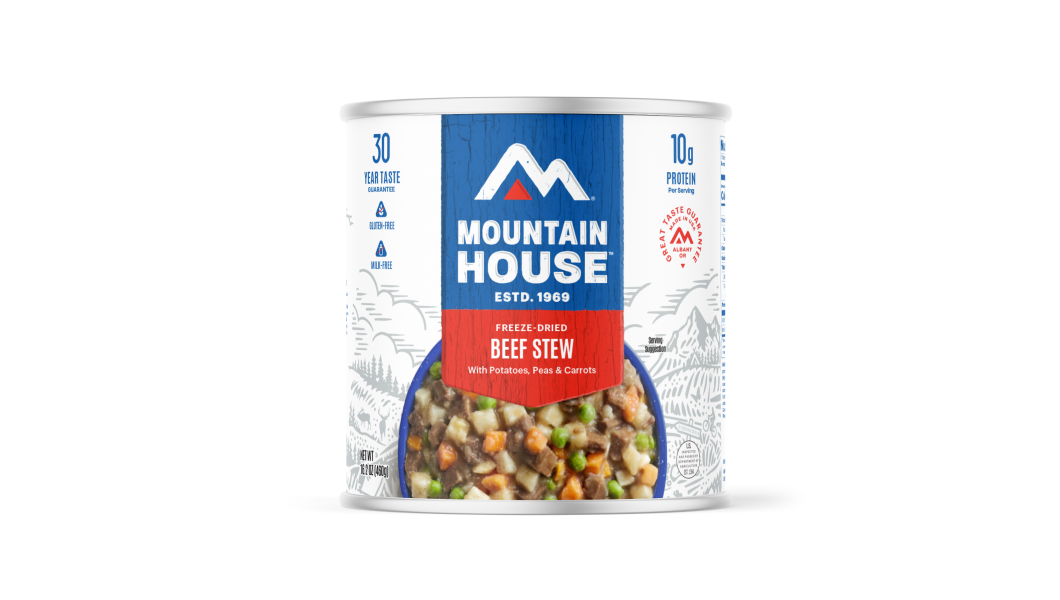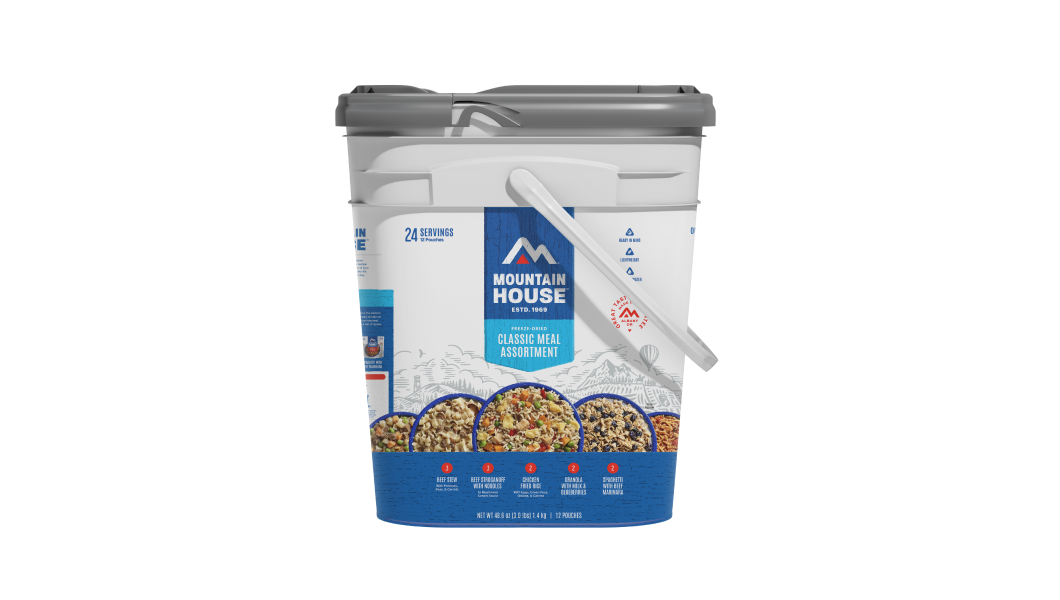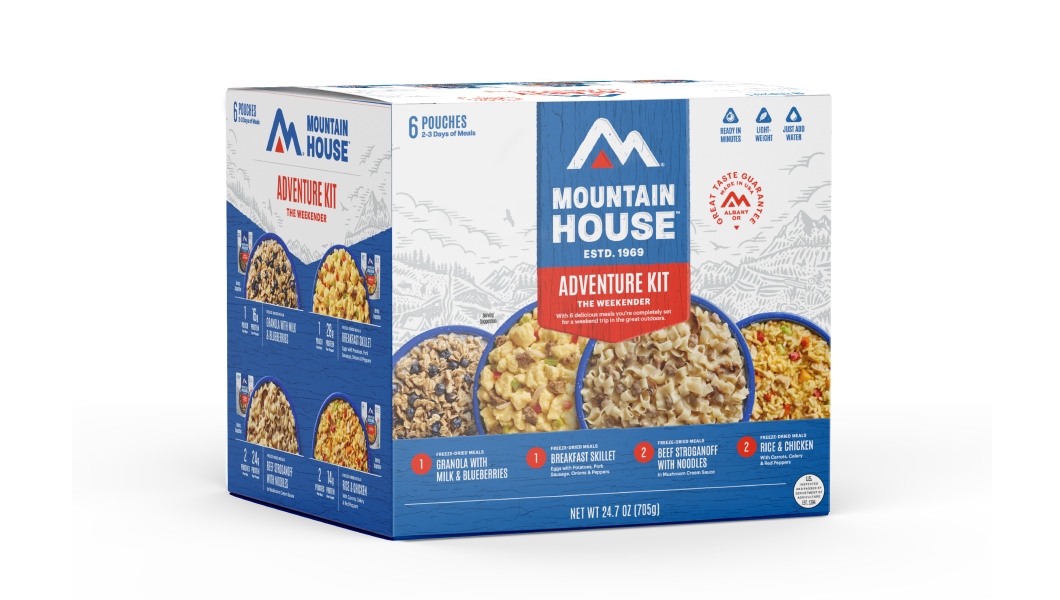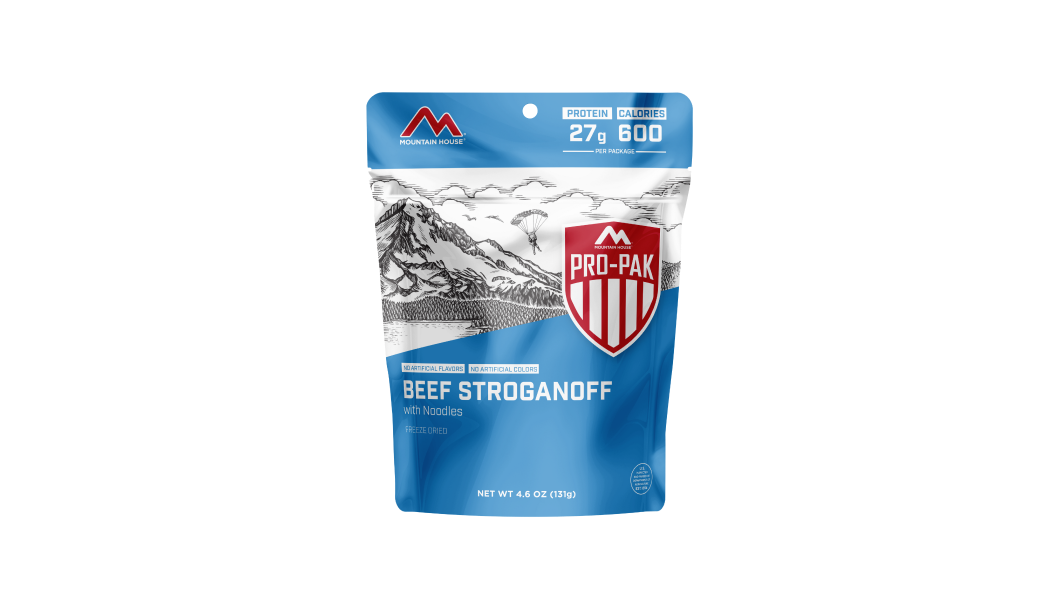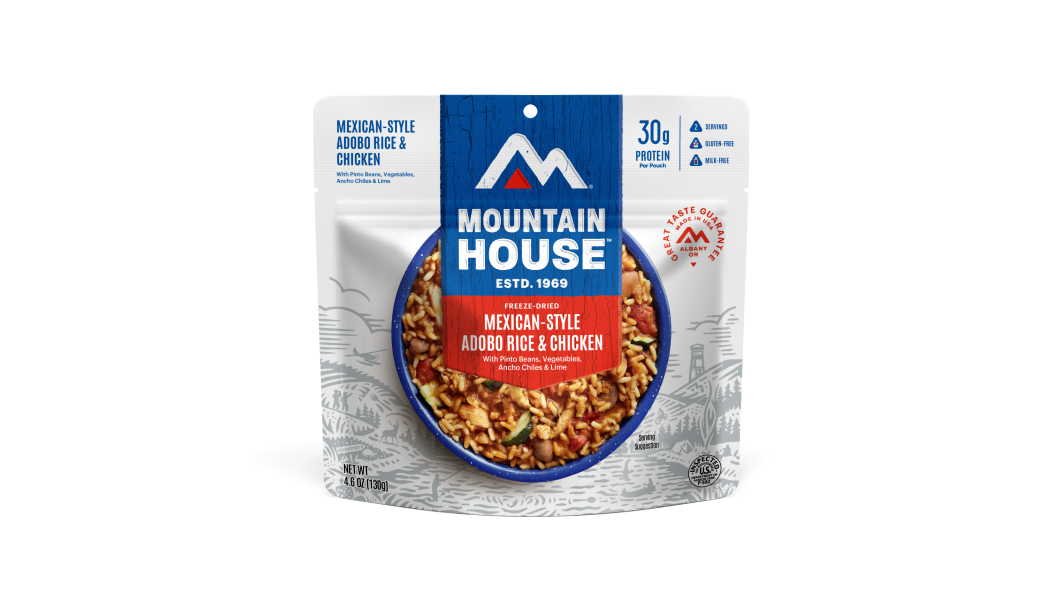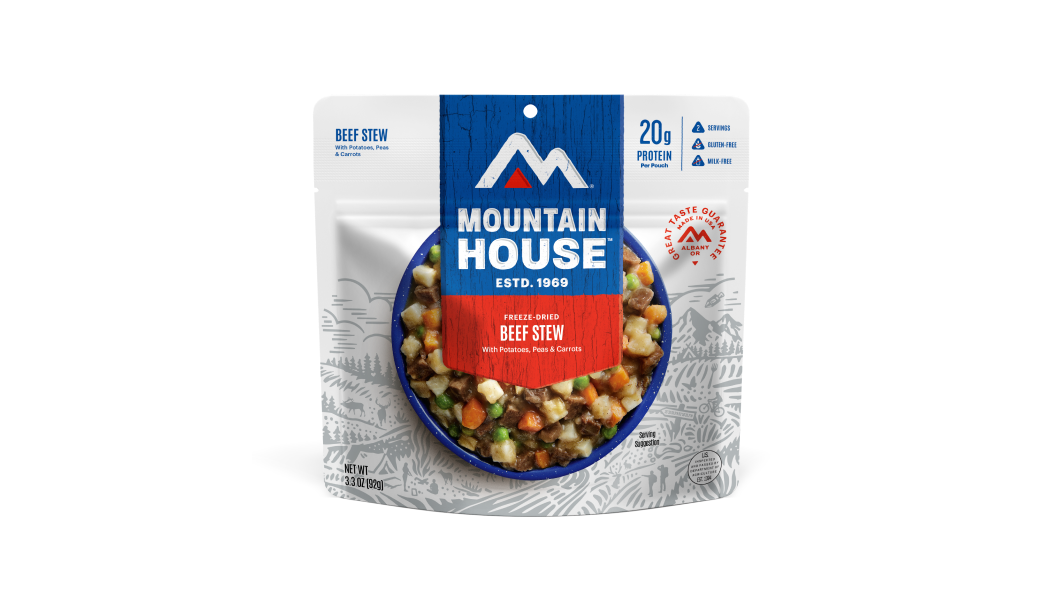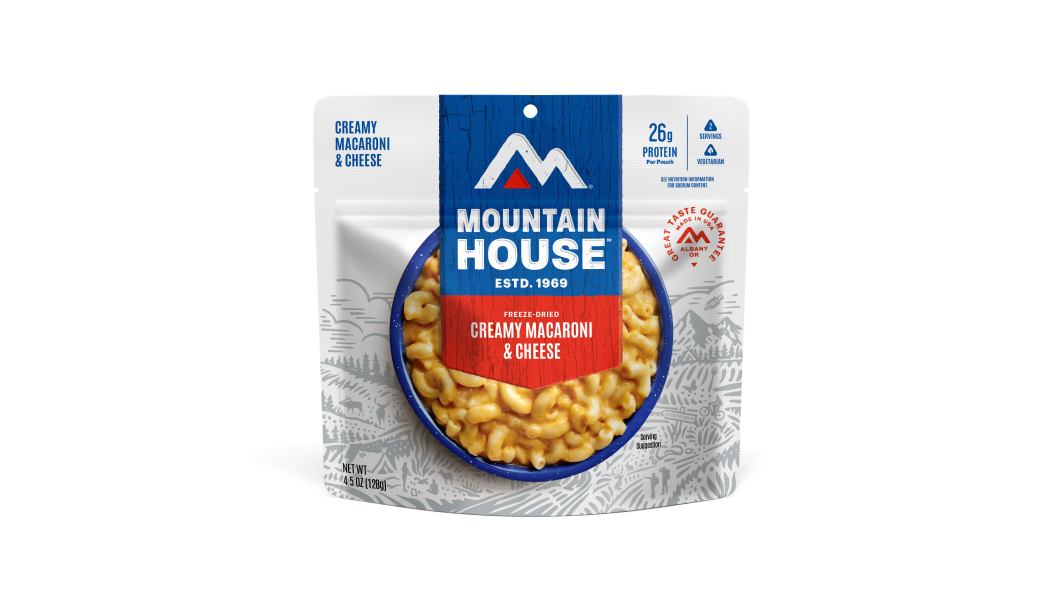Inspired for an Adventure? Check out Beef Stroganoff - Pouch and Beef Stew - Pouch
Add description, images, menus and links to your mega menu
A column with no settings can be used as a spacer
Link to your collections, sales and even external links
Add up to five columns
Add description, images, menus and links to your mega menu
A column with no settings can be used as a spacer
Link to your collections, sales and even external links
Add up to five columns
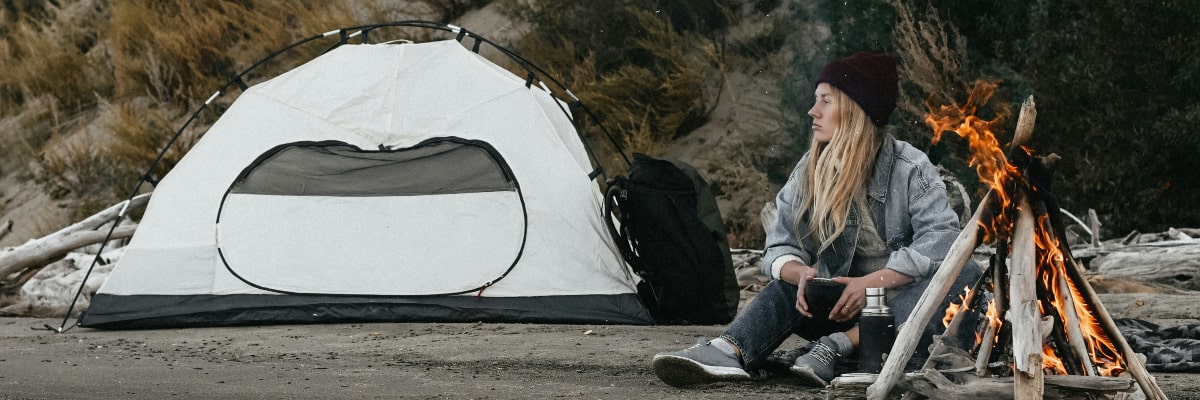

For decades now, paring down has been an absolute mantra for many backpackers. The ultralight backpacking movement, for one thing, has gained many adherents, not least thru-hikers looking to minimize “baseweight” for their long-distance treks. But pursuing some form of minimalism can benefit just about everybody’s camping routine, even if it’s mostly just weekend backpacking trips here and there. In fact, it can even pay off when it comes to car camping!
Whether you’re brand new to camping or a seasoned pro, embracing a minimalist approach helps you pack more intentionally—making it less likely you’ll forget those easy-to-miss essentials like sunscreen or extra batteries.
In this guide, we’ll run through some basics of this philosophy and highlight some minimalist camping hacks that should help you ease into the practice. Let’s get started!
What is Minimalist Camping?
Minimalist camping means bringing along only essential, highly efficient, and often multifunctional camping gear that’s lightweight and practical. Whether you're hitting the trail with everything on your back or loading up the trunk for a weekend getaway, the goal is the same: less stuff, more intention.
Minimalist camping often overlaps with the concept of ultralight backpacking, which focuses on reducing your base weight: the total bulk of what you’re hauling in your pack, minus the “consumables” (food, fuel, water) and “worn weight” (what you wear while hiking). Rather than hauling a huge, loaded-to-the-max pack, ultralighters keep it lean and mean: a way to lessen bodily strain, boost mobility, and heighten their ability to cover a lot of miles and negotiate rough terrain.
But minimalist camping isn’t just for backpackers. Even car campers can embrace this philosophy by packing fewer items and choosing gear that pulls double (or triple) duty. It’s an approach many recreationists use to create a simpler outdoor experience, carrying only what’s truly necessary. That’s something that can be satisfying—and, when so many of us live a day-to-day existence centered around multitudes of material things, rejuvenating in and of itself.

Image by Iliya Kolodeznyy from Pixabay
Any outdoorsperson knows how easy it is to become obsessive about gear—and, to be clear, many ultralight backpackers very much fit that description, razor-focused as they are on finding the lightest clothing and equipment and scheming new ways to eliminate one item or another. But the minimalist mindset can also inherently result in focusing less on stuff out in the backcountry and more on the actual experience of being there.
A common way to cut down on base weight and reduce the amount of equipment you’re bringing along camping is to select gear that can perform multiple functions, from tarps to multi-tools to paracord.
Beyond favoring less, lighter-weight, and more multifunctional gear, minimalist camping also goes hand-in-hand with a dedication to low-impact outdoor practices and environmentally responsible ethics, which are things all campers should be prioritizing!
Must-Have Minimalist Gear
Here’s a quick rundown of what camping gear looks like in a minimalist setup. These essentials work just as well for streamlined backpacking trips as they do for pared-down car camping.

Shelter & Sleep System
Many people looking to take a minimalist camping approach eschew a tent altogether and choose instead a tarp (rigged, say, with guylines and trekking poles or trees), a bivy sack, or a camping hammock. But ultralight tents—for example, all-mesh one-person models that use a trekking pole for support/structure—are definitely an option if you’d prefer some walls around you. For minimalist car camping, bringing along a simple, compact tent is totally practical—and still keeps your gear minimal.
A minimalist camper’s sleep system might include a sleeping bag—ideally a down bag that’s cold-rated to the low temperatures you expect to actually deal with and not much lower—and an air pad or closed-cell foam pad. Depending on the season and weather, you might skip the sleeping bag and opt instead for a trekking quilt or blanket.
Cooking & Food Essentials
After your pack, shelter, and sleep system, food, water, and fuel—those aforementioned consumables—are often the heaviest items you’re hauling. Freeze-dried meals, like those we specialize in here at Mountain House, are exceptionally lightweight and packable while also being super-quick to prepare and nutritious. They are a great alternative to cooking from scratch. You don’t need to bring multiple ingredients or cookpots, and all it takes is hot water to reconstitute the food. That also, naturally, cuts down on how much stove fuel you need to bring.
Choose a lightweight stove (speaking of) and minimal cookware—if you have to bring it at all. A single pot for boiling water, a versatile spork for a utensil, etc.
Unless you’ll be recreating in an environment where water sources are few and far between, you can minimize how much water you’re actually carrying on the trail and instead rely on a well-chosen water purifier or filter to stay hydrated on the go. (This, of course, means planning ahead and studying your topo map to ensure you’re able to locate reliable water sources—streams, springs, etc.—and maintain the recommended intake.) Drinking a good amount of water before breaking camp and after refilling your bottle or hydration pack at a water source helps as well.
Clothing & Personal Items
In most cases, you don’t need several changes of outfit while backpacking or camping. You aren’t, after all, looking to win any fashion contests—or even (ahem) smell particularly good—out there. Layering, the name of the game when it comes to outdoor recreation, can help you respond to changing conditions with a minimum number of garments, but make sure, of course, that you’ve got adequate insulation and outerwear that’s ready for the elements.
Keep your camping toiletries to a bare minimum of essentials, such as a toothbrush, toothpaste, and biodegradable soap. Some backpackers leave the toilet paper at home and rely instead on natural alternatives while out in the wilds.
Safety & Navigation Tools
One item you absolutely don’t want to cut out of your backpacking/camping supplies is a first-aid kit. The same goes for other wilderness essentials, such as fire-starting supplies, a compass (to go along with your GPS), and a properly scaled and updated topographic map. For illumination, choose a lightweight headlamp over a bulky flashlight.
The Ultimate Minimalist Camping Checklist
Let’s distill the above information into a very basic minimalist camping list:
- Shelter: Lightweight tent, hammock, tarp, or bivy sack
- Sleep System: Sleeping bag or quilt/blanket, sleeping pad (air or closed-cell foam)
- Cooking: Compact stove, lightweight/minimal/nestable cookware, reusable utensil
- Food: Freeze-dried meals (such as Mountain House!), protein bars, trail mix
- Water: Filter/purifier and/or tablets, water bottle/hydration pack
- Tools: Multi-tool, first-aid kit, headlamp
- Miscellaneous: Sunscreen, insect repellent, extra batteries, basic toiletries

For car campers, using stackable organizing boxes is a great way to keep gear tidy and accessible while maintaining a simple, efficient setup.
Keep Camping Simple With Mountain House Meals
Overpacking for a camping trip is inefficient and sometimes downright wasteful, even when you’ve got the extra space and aren’t hauling everything on your back.
From its refreshing simplicity and efficiency to the reduced wear and tear on your body and greater mobility, minimalist backpacking and car camping can be a real game-changer, something that can completely revolutionize your outdoor-recreation routine and your mindset.
And look no further than lightweight, high-protein, zero-hassle Mountain House freeze-dried camping and backpacking meals for your adventure food needs!

Mexican-Inspired Camping Meals for Your Next Outdoor Adventure

How to Make Pizza on Your Next Camping Trip

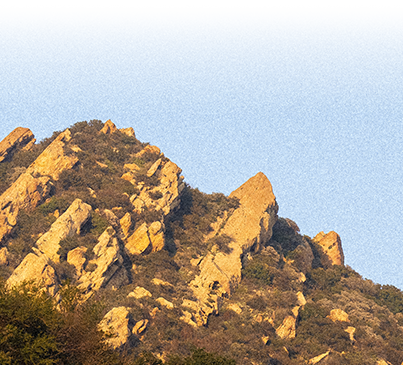
Stay Hungry for Adventure
Sign Up for Delicious Outdoor Meals & Exclusive Offers!
By clicking ‘Join Now’, I agree to the Terms of Service and Privacy Policy.


Join the adventure
©2024 Mountain House — All Rights Reserved.
Your Cart is Empty
Continue ShoppingYour Cart
Subtotal
$0.00
EXPRESS PAYMENT METHODS AVAILABLE IN CHECKOUT
Taxes and Shipping Calculated at Checkout
